2025 Student from Diponegoro University:Basic research at the Dept of Preventive Medicine and Public Health
Name: Margareta Laurence Pisonningtyas
Home Institution/ Country: Diponegoro University / Indonesia
Year of university: Final year (Co-Assistant)
Designated department at Shinshu University: Preventive Medicine and Public Health
Training Period: from July 7 to August 1, 2025
Training: Basic research
1. What made you come train at Shinshu University School of Medicine and how did you find the School through your stay?
I was drawn to Shinshu University because of its strong academic reputation and international collaboration in the field of public health, particularly in environmental and preventive medicine. I wanted to gain a deeper understanding of how public health is practiced in Japan, a country known for its strong healthcare system, community-based prevention efforts, and long-standing commitment to epidemiological research. Throughout my stay, I found the School to be a very warm and intellectually stimulating environment. The faculty members were kind, supportive, and passionate about mentoring students, and I felt welcomed and encouraged to learn and grow.
2. Please describe your training at host department/lab.
Throughout my clinical training at Shinshu University, I gained a wide range of valuable experiences that contributed significantly to both my academic and personal development. One of the most impactful aspects was my involvement in a research project using data from the Japan Environment and Children's Study (JECS), also known as Ecochil. The study focused on the association between prenatal exposure to PFAS and functional constipation in young children. Through this project, I improved my ability to conduct critical literature reviews, perform statistical analysis using logistic regression, interpret epidemiological findings, and contribute to the drafting of a scientific manuscript. Most meaningfully, I was given the opportunity to become a co-author on the journal publication, working closely with Dr. Kohei Hasegawa and other researchers. This was a great honor and a milestone in my academic journey, giving me a real sense of contribution to the scientific community.
In addition, I had the chance to present my own research titled "Association between Eating Speed, Lifestyle Factors, and Gastroesophageal Reflux Disease (GERD)," which I had conducted prior to this training. Sharing my work in an international setting helped me refine my scientific communication skills and provided fresh perspectives on behavioral and lifestyle epidemiology. The constructive feedback I received encouraged me to pursue further improvements and broader applications of my work.
Outside of research, the program offered rich field experiences that deepened my understanding of public health practice in Japan. At the Suwa Public Health Office, I observed how health officers manage community-level programs such as maternal and child health, infectious disease prevention, and environmental sanitation. I was impressed by the systematic approach, high level of organization, and strong community engagement.
I also explored occupational and industrial medicine through a field visit to a printing company, where I observed how companies ensure worker safety through health monitoring, chemical management, ergonomic evaluations, and workplace hygiene measures. This expanded my view of how public health principles are applied across sectors.
One of the most heartwarming and memorable experiences was joining a JECS community outreach event, where families participated in developmental screenings and interactive environmental health activities. It was inspiring to see how health research could be translated into joyful, accessible community programs. This reminded me of the human side of public health--the importance of empathy, communication, and trust in promoting wellness.
Beyond academic and field-based learning, living in Matsumoto was a deeply enriching cultural experience. The city's serene environment, kind people, and natural beauty made every day enjoyable. I also had the chance to build friendships with other students and researchers, creating an international network of peers who share a passion for public health.
In summary, this training gave me not only new technical skills and research experience but also professional confidence, cultural awareness, and motivation to contribute to public health advancement both in Indonesia and globally. It has been an unforgettable and truly formative chapter in my life.
3. Please list what you have gained from your experiences through the training at Shinshu University and the stay in Matsumoto, Japan.
Through this training, I gained a deeper understanding of how public health is implemented from both a research and field practice perspective. I learned how to work with large-scale cohort data, improve my statistical analysis skills, and engage in scientific discussions. I also learned how preventive services are managed locally in Japan, how occupational health policies are applied in the workplace, and how community outreach supports research engagement.
My stay in Matsumoto was peaceful and memorable. I appreciated the clean, beautiful city environment, the kindness of local people, and the efficiency of public transportation. I also enjoyed cultural exchanges and made new friends with fellow students and researchers.
4. How do you think you can apply those experiences to your future career?
This experience has strengthened my desire to work in the field of public health, both in academic research and policy-making. I plan to apply the knowledge and skills I gained--particularly in epidemiological methods, community health strategies, and environmental health research--to improve maternal and child health programs in Indonesia. The training also inspired me to pursue future collaborations or graduate studies in global or environmental health.
5. Advice to those who are interested in studying at Shinshu University
If you are passionate about learning from experts in a supportive and welcoming academic environment, Shinshu University is an excellent choice. The faculty and staff are kind and attentive, and the program offers diverse opportunities to engage in research, fieldwork, and cross-cultural experiences. You will not only gain academic knowledge but also develop meaningful connections and unforgettable memories.
-
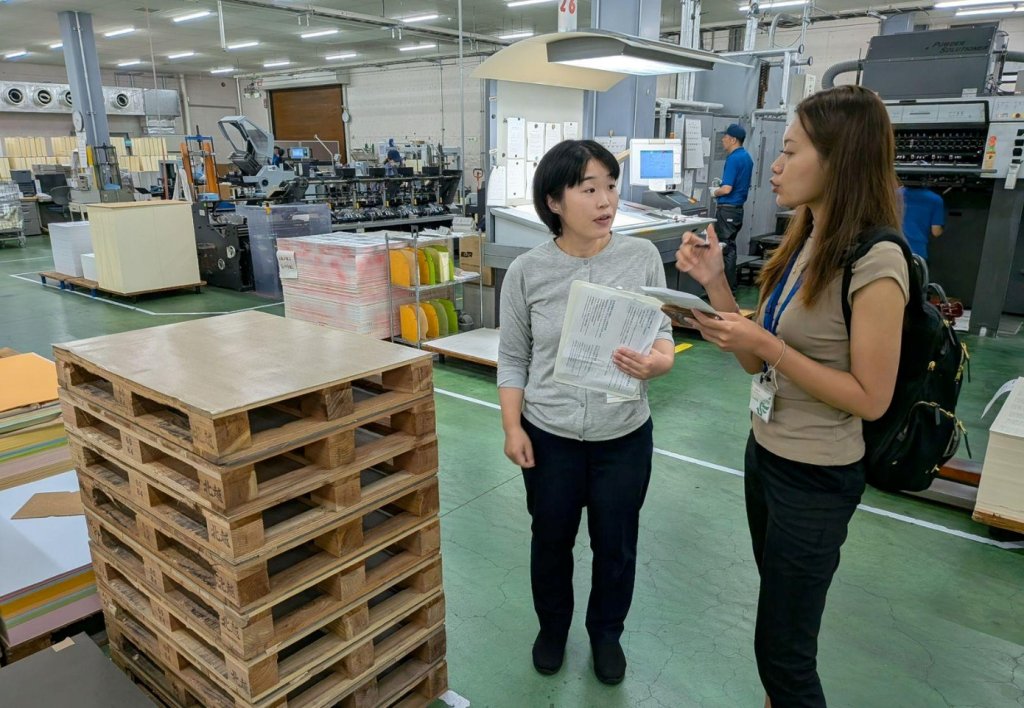
Company visit to learn industrial medicine -
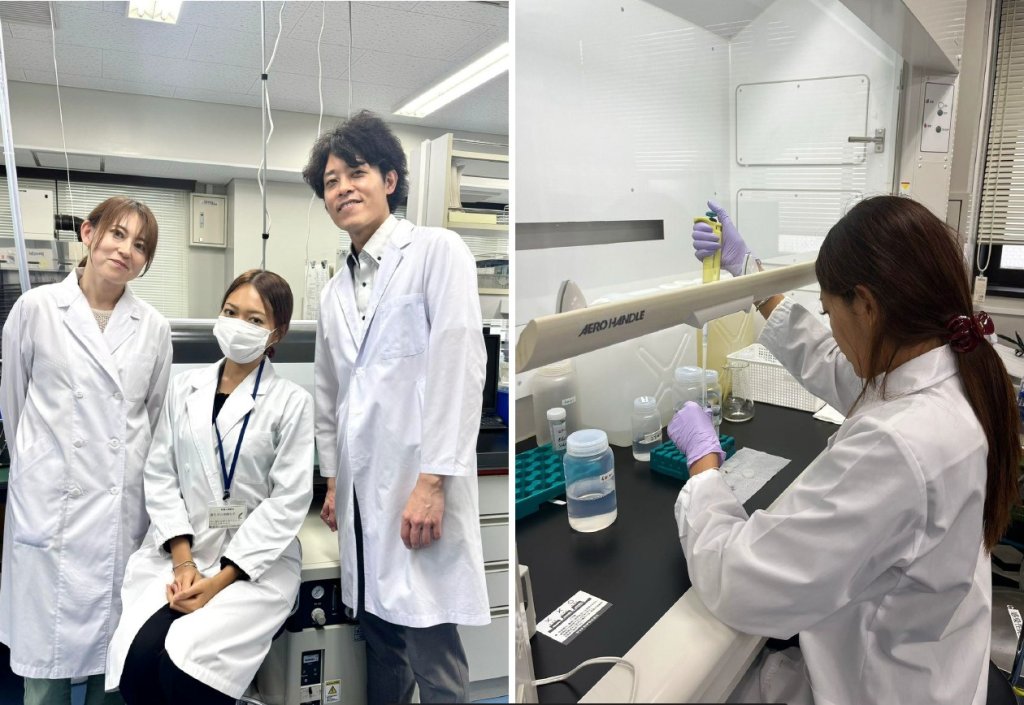
Doing research -
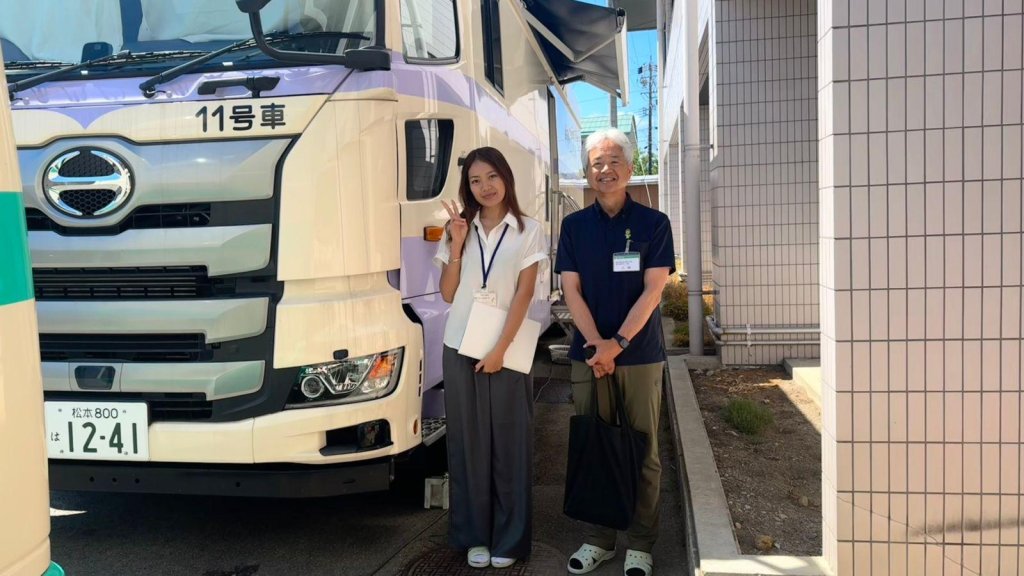
Suwa Public Health Office visit -
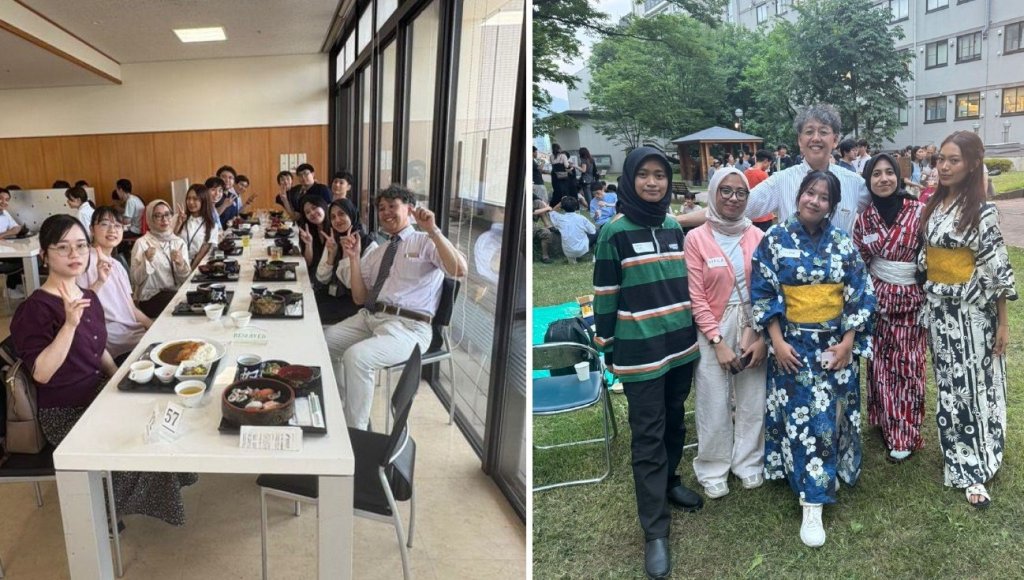
First day of training and welcoming party with MESS student -
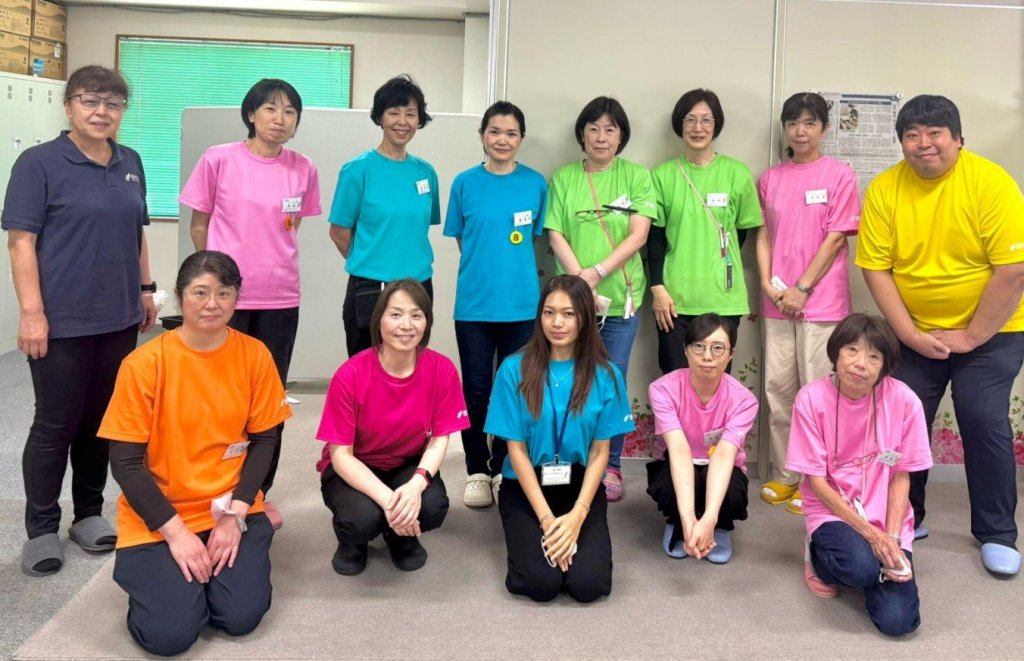
Eco-Chil volunteers

